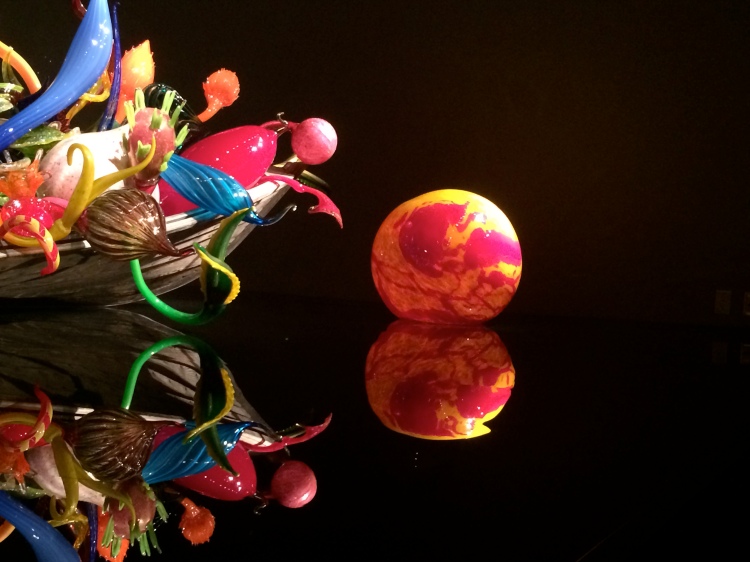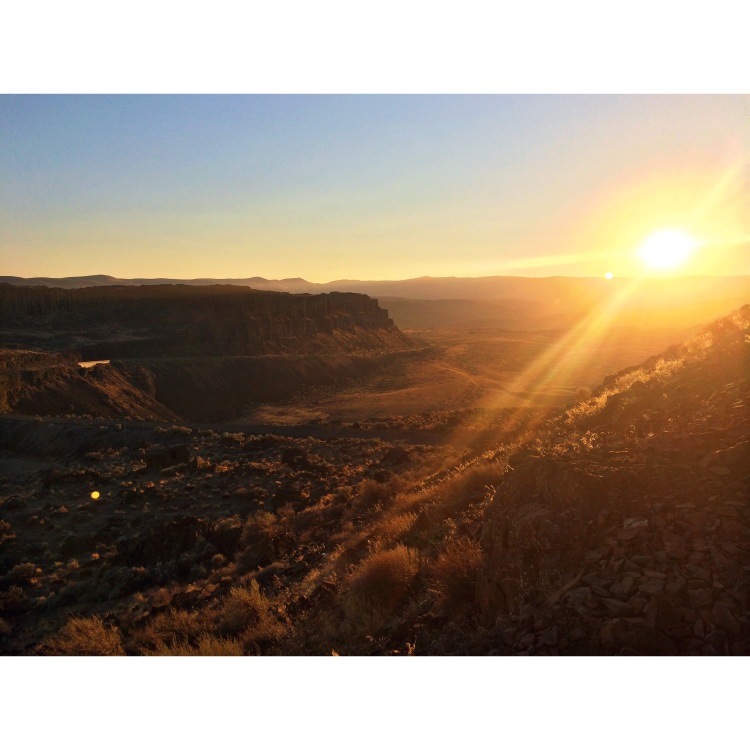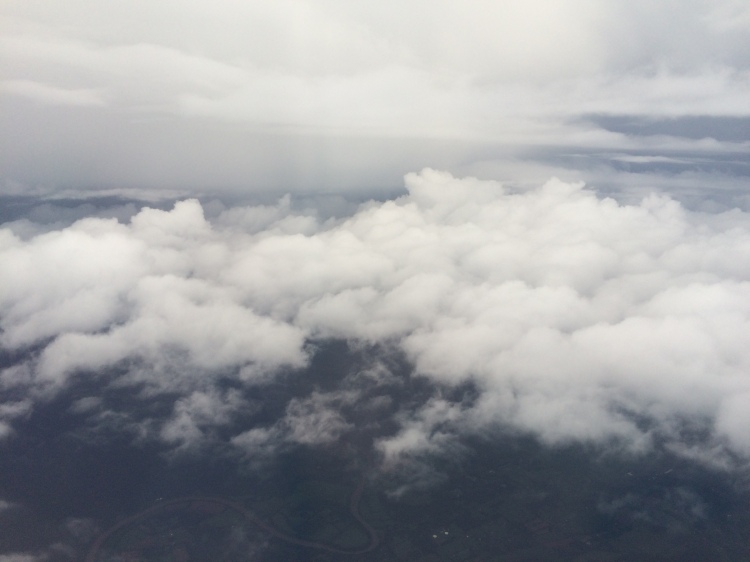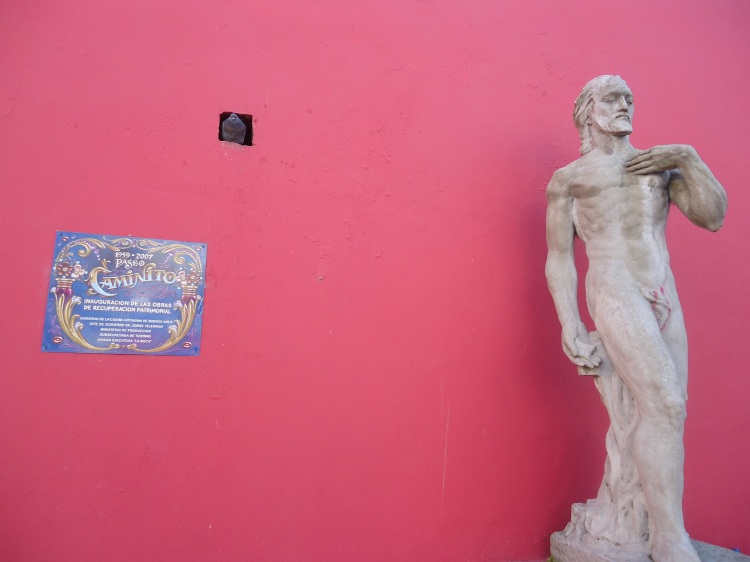
Last week our Theory Capital T class did something a little different.
I arrived to class after a full afternoon and subsequent night of being sick. TMI? Well, it’s important to a story about senses. My body felt soft. Not in a tactile way, but in a feeling way. I felt soft, and slow, and like I was approaching the world a little gentler than normal. I felt like my body and I were in conversations – in negotiation – and all other interactions were secondary, superfluous.
And then, arriving, I remembered that this class period was to be different than most. Led by three graduate students, we were going to experience a workshop intended to trouble our definitions of the senses – what they are, how many we have, and what we can do with them.
We are taught, very early, about the Five Senses. Once we’ve mastered those tricky body part names, we start to learn their functions. Mom or Dad point to their eyes, these are for seeing; point to their ears, these are for hearing; wiggle their fingers, these are for touch; they stick out their tongue, and so do we, and this is for tasting; and they beep our noses… and this is for smelling! And it’s fun, and we giggle, and so we have learned our Senses.

Any six year old can tell you what the senses are, and with glee.
And then, later in life, when we are in the grocery store and can feel the angry heat of the customer in front of us, we don’t know how to say exactly how we have sensed this. When we are at a concert, and the music seems to mold into the curves of our longing, the words ‘and ears are for hearing’ sound tartly insufficient. When we feel nostalgia at ancient ruins along the side of a Southwest river; when flashes of color fill our brain
as we meet a new person; when the combination of the weight of a pen with its satisfying and repetitive click can sooth us. When we step onto the edge of a cliff, or arrive at the top of a mountain, or have travelled deep into a canyon, and can feel the weight, and the grief, and the fullness of the world.
Our words are limited. The senses are limited. 
Our vocabulary has stunted us.

Words are only good insofar as they connect humans. That is the point of language, for me, right now. We go through life, experiencing, and then have a desire to share that experience with someone else. And so we invent words that will describe. And yet, in defining very real ways that we experience the world, we have silenced, negated, erased, other just as real methods of experience. Which is the exact opposite of connecting – it’s isolating.

The problem is, once we have those words to describe, we are limited to those words that describe. And we are thusly limited in what we perceive to be our experiences. Our words shape our experience.
Our words shape our experience.
If you want to understand a culture, study their untranslatable words. What experiences are so common in another part of the world that they would develop a word for it, that somehow no other language’s culture has adopted? Words that describe the hesitation you have when you’ve forgotten someone’s name, tartle (Scottish); tenderly running one’s fingers through another’s hair, cafuné (Brazilian Portuguese); or the road-like path that the moon makes with its reflection on water, mangata (Swedish).

And so, with senses. We have our five words. And yet, we have so many experiences that we take into our bodies, minds, and emotional beings using senses beyond these five. But we have no words for those. And so… do we even have those experiences? Or, when we do, how do we talk about them? How do we express what we have just experienced?
And this is why art and music and movement are so powerful. Because they go outside the bounds of words, and beyond the reaches of linguistic definitions. With paint, or notes, or sport, we can reach across borders and between cultures. We can evade the limiting construct that is our language.

So, of course.. all of these posts (and all of our conversations) must inevitably circle back to So What? So who cares what a bunch of adults did in a university campus building on a Monday morning in November? Who cares about the – albeit interesting – idea that our language is limiting, that there are likely more words needed to describe the human experience? How does that relate to the way they – or anybody – works with kids?

Well.
I don’t know yet. I suppose it has something to do with acknowledging that the world is bigger than the words we have created allow us to describe it. I suppose it has to do with understanding that we are all of us sensing much more than we can tell, literally. I suppose it has to do with approaching our relationships with youth in a way that understands that, as humans, they – and we – are having a much deeper experience than our clinical words have prescribed.
I suppose it comes down to openness. To admitting that we don’t know everything, don’t have all the right words.. that we’re still learning.
I like the idea of troubling our senses, and how we talk about them. And I think, if we are ever going to be able to really understand each other, it’s what we’re going to have to do.

Openness and continued listening are indeed indespensible keys to reaching beyond the “Big Five”.
Like the last picture from cookie making with the boys last Christmas!
LikeLike